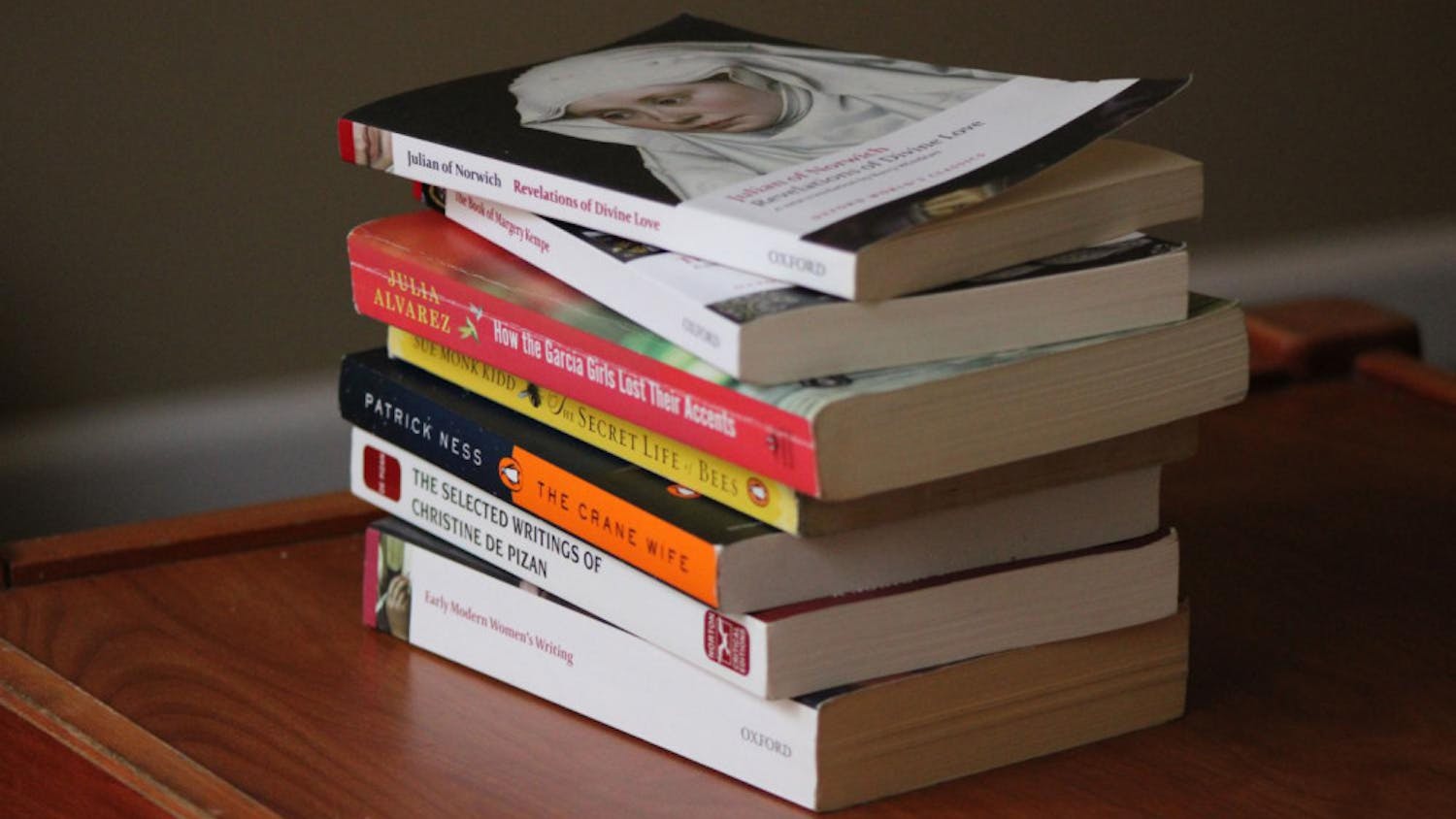With the end of the semester rapidly approaching, many students are looking forward to the reprieve of summer. However, there is one obstacle standing in their way: final exams.
Every student has them, and they are especially daunting for newer students and those about to graduate. It is important to remember not to stress yourself out over exams. There are several steps to take that will help you study and reduce stress.
The first, and perhaps most obvious, step is the one that most students ignore. Do not procrastinate.
If your professor warns you of the exam three weeks before it is scheduled, do not wait until the night before to study. Plan things out in advanced and schedule your time around exams.
Also, be sure to note when your exams are. It is difficult to study for an exam when the study time you allot yourself ends up being taken by another exam you forgot to plan for.
The same applies to papers and essays. If you are given a ten page paper as a final, do not wait until the day of to work on it. The stress levels alone make this a bad idea. You will rush it and make mistakes.
For essays and papers its best to at least plan ahead by a week. If possible, write the paper early, wait a few days for your head to clear and then go back and edit it. You would be surprised at the mistakes you notice once you approach it with a fresh perspective. You have to make the most of the time available.
Inevitably, some students will find themselves backed into a situation where they are forced to choose between exams. This is not a pleasant situation to be in. Before giving up or panicking, analyze your strengths in each subject. Also, look at what the tests are weighted at in your overall grade for the class. You may have to make the tough choice to focus on one exam over the other.
Play to your strengths. If you are strong in history and have a great grade in that class but are struggling in spanish, focus more on the spanish exam, but still review over the history if possible.
This is only for extreme cases of course. If possible, avoid being in placed in these types of situations. Try studying in advance as much as possible.
Memorization and flashcards are tried and true methods for preparing for exams. They can be used for nearly all subjects. Dates of major historical events, complex equations, foreign language terms, and more can be studied in this manner.
It is a cheap and effective study method when working alone or in groups. It is even possible to outline papers with flashcards.
You can also seek out teachers for help preparing for exams. Most teachers are happy to answer questions their students have about the exam. They will work with you for as long as they can or until you are ready.
Do not be afraid also to ask if you can retake some of your previous exams in the course. This gives you a way to prep for the exam by looking at how the teacher has formatted some of your earlier exams. It also allows you to review material that may be covered on the final exam.
If the teacher will not let you view an older exam, create your own. Work out questions that you think may be on the final. Go back through your class notes and see which sections were covered the most; chances are they will be a test topic.
What students need the most during exam time is sleep. Do not forget to get some sleep during exam week. Your mind will be sharper and more alert if you are well rested.
Try to avoid relying on energy drinks to stay awake during the exams; they are not healthy. The most sleep you get, the better you will retain the information.
It is unlikely that you will get the recommended eight hours of sleep a night, but try to get at least get six. If you have two or three hours free during the day, try to take a short nap. You would be surprised how much of an energy boost a nap can be. A little rest here and there will help reduce your stress levels. That is the most important thing to remember.
Just do not stress out over finals. You will do worse if you panic.




